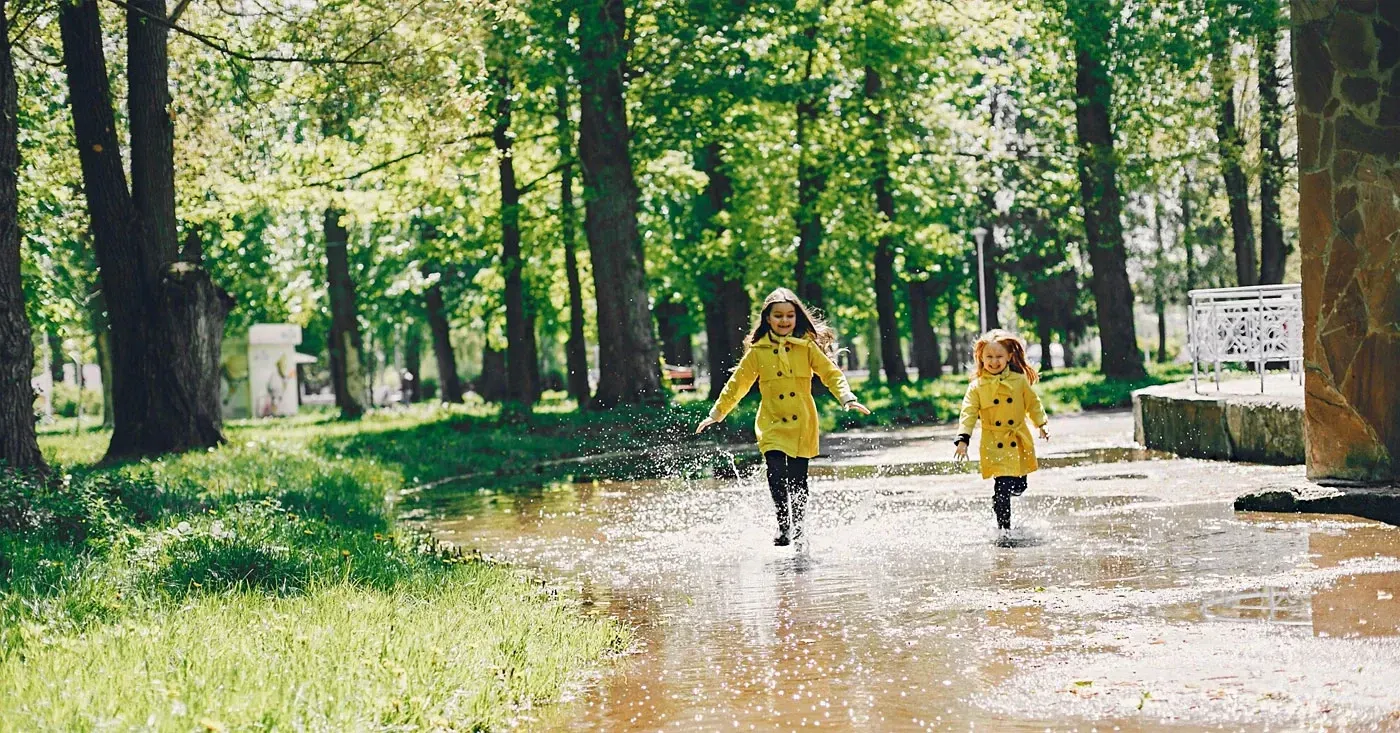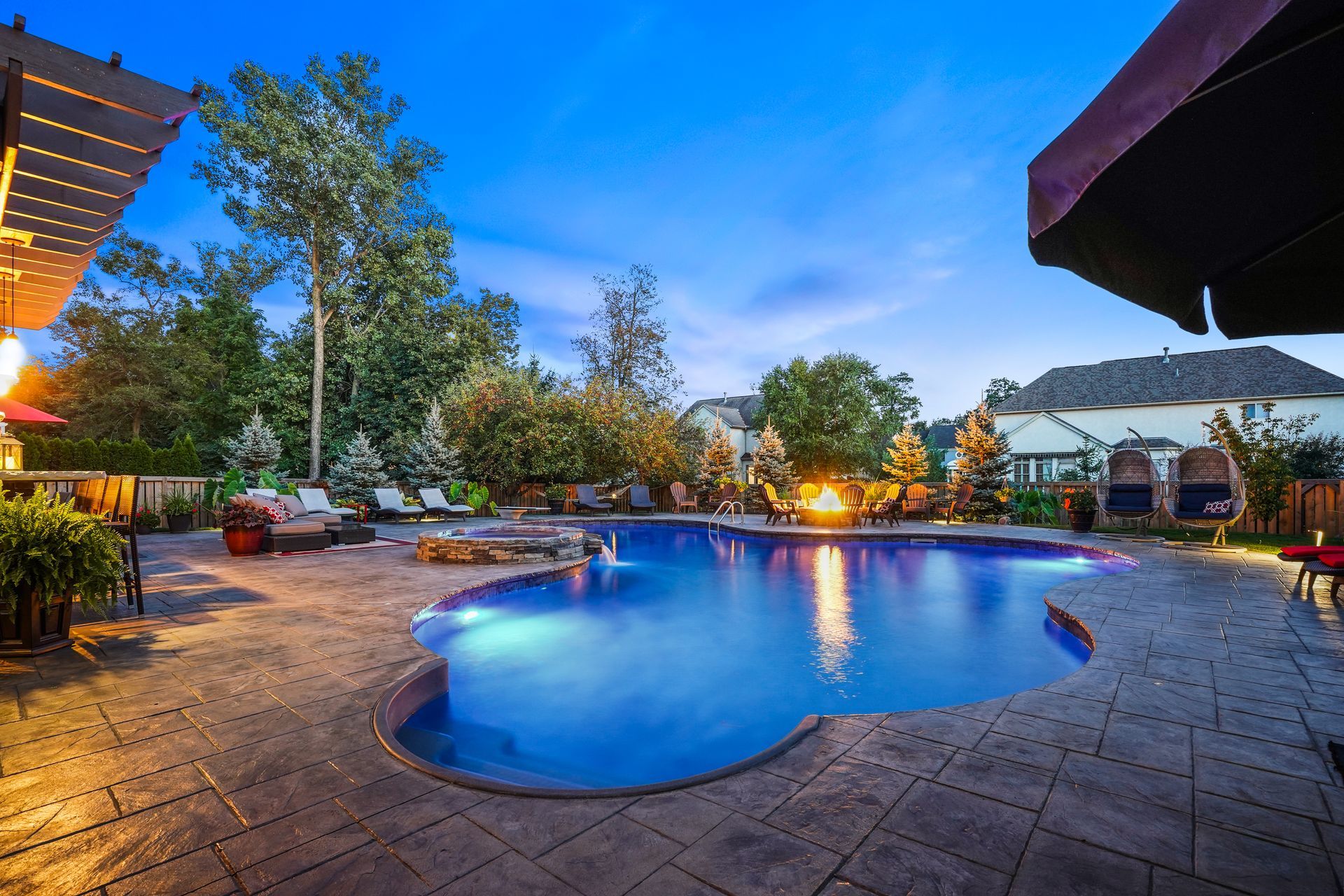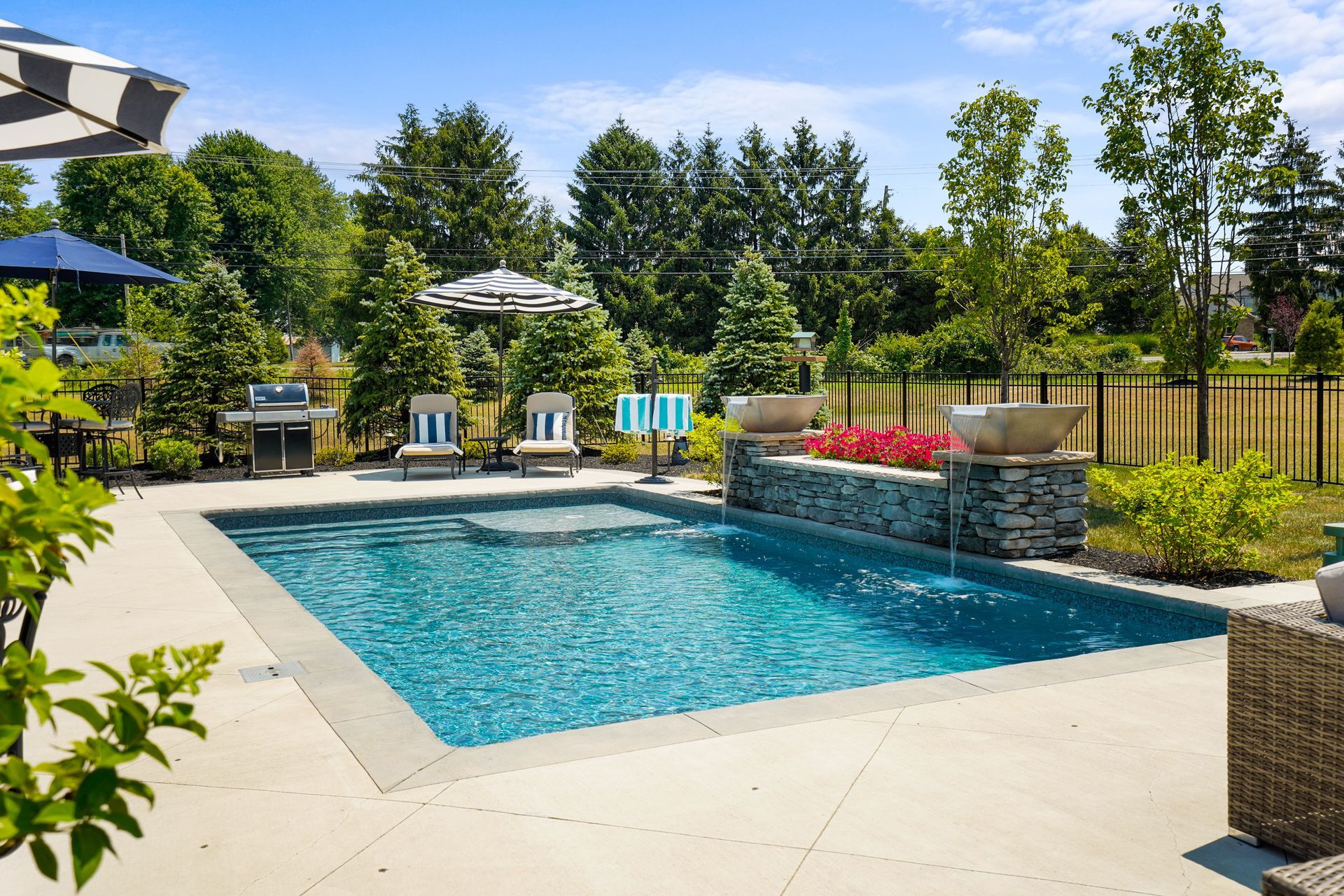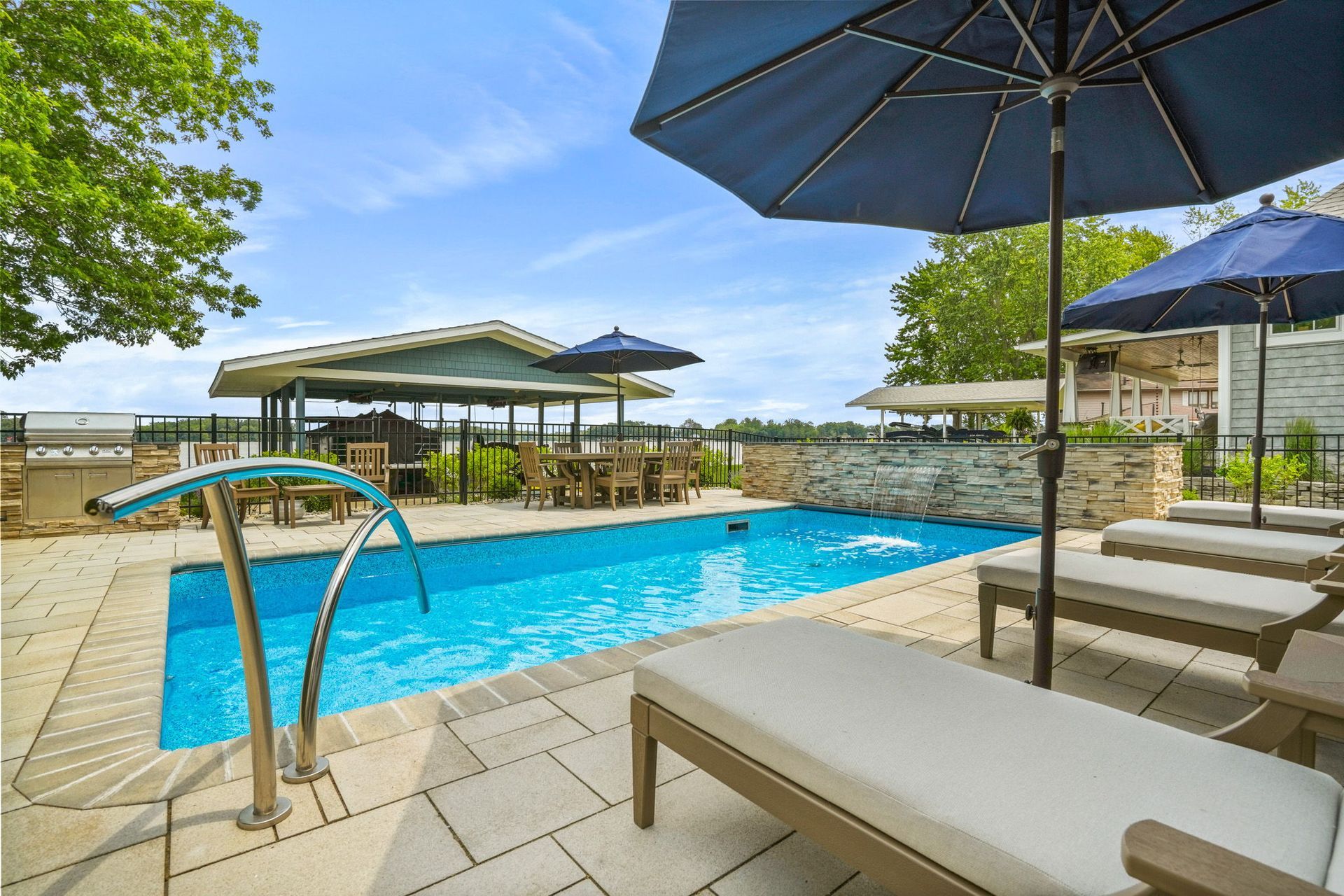What to Do About Spring Yard Flooding

According to Punxsutawney Phil, spokes groundhog for Mother Nature, we should have only a few weeks of winter left this year. What a relief! You know what comes next: budding crocuses, blooming trees, fresh spring breezes… and soon enough, April showers. While April showers do bring May flowers, they also often bring another, not-so-nice effect: Yard flooding.
If your yard tends to get flooded in the spring, you’re not alone. Between the rain and the runoff from melting snow, March through early May is often a squishy, mushy, muddy time for many of us in the Ohio area. This can lead to plant death and destruction as well as a flooded basement. If you are dreading the start of spring due to your annual flooded yard, here are some tips:
Clean Your Gutters
Hopefully, you did this before the winter, but it’s time to do it again. Any leaves or branches that were blown down during snowstorms or by heavy gusts of wind may have landed in your gutters. When gutters get clogged and the heavy rains of spring come, they’re likely to overflow, causing a wall of rain to beat down just inches away from your foundation.
It’s a great way to end up with a water-filled trench that’s too close to your house for comfort. Choose a day when there’s no snow on the ground, and use your ladder to check and clean out the gutters.
Add Rain Leader Drains
Once your gutters are empty and clean, take a look at your downspout. If you have a divot in the soil at the base of the pipe, then you have another great spot for standing water to accumulate. Adding a rain leader drain can distribute the water 10 feet or more away from your home. It might end up creating a different flooded area, but at least it won’t be seeping into your basement.
You can also have a rain-collecting system put in; this will allow you to use collected rainwater for watering your garden later. Also, elaborate drainage systems can work wonders. If you’re looking for something less complicated, though, then a drain running three or four yards away from your foundation is a great start.
Consider Getting the Yard Graded
If you often have flooding problems, then having the yard sloped away from your house will eliminate or greatly reduce the problem. Most of the grading is done close to your foundation, but if your property is uneven or puddles form in various areas, then you can have the whole thing sloped slightly. The water will run away from your home, and you’ll enjoy a much drier yard and garden, even during the wettest of springs.
Taking these precautions can be much less expensive than dealing with water damage later. Call Omni Pools & Scapes to find out more about how you can prevent spring flooding.
OMNI LEARNING CENTER
RECENT POSTS




